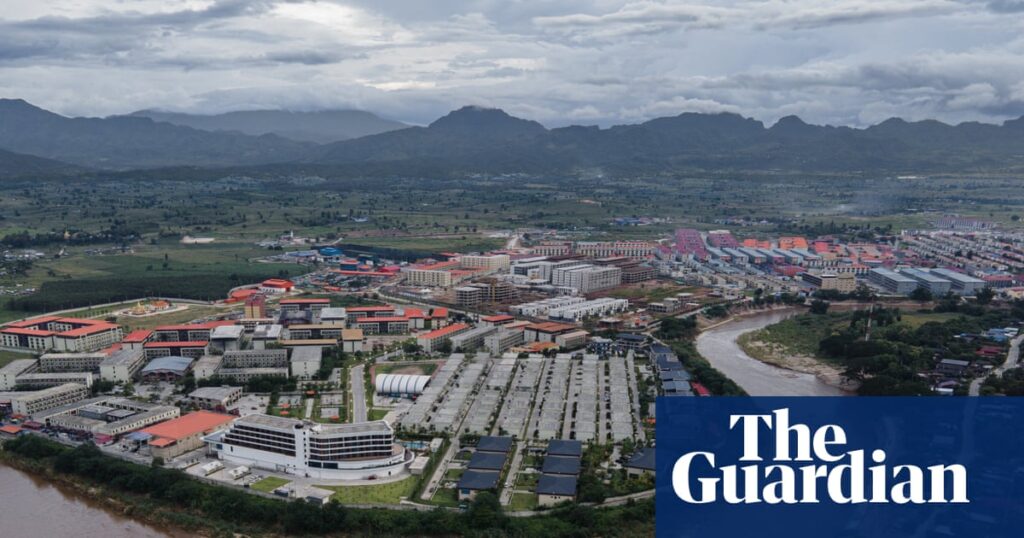
A powerful bipartisan committee in the US Congress has launched an investigation into Elon Musk’s Starlink satellite business, examining its alleged role in providing internet access to scam centers in Myanmar. These centers are accused of defrauding victims worldwide of billions of dollars.
The investigation follows revelations that numerous Starlink dishes appeared on the rooftops of scam centers in Myanmar around the time of a February crackdown aimed at dismantling these operations, according to an investigation by Agence France-Presse (AFP). In just three months, Starlink has become the largest internet provider in the war-torn country, as indicated by data from the APNIC Asian regional internet registry.
SpaceX, the parent company of Starlink, has not responded to AFP’s requests for comment. The US Congress Joint Economic Committee, which initiated the investigation in July, holds the authority to summon Musk for testimony.
Background and Context
This development comes in the wake of efforts by China, Thailand, and Myanmar to force pro-junta militias to dismantle these scam centers. In February, these efforts resulted in the liberation of approximately 7,000 individuals, primarily Chinese nationals, from a system described by the United Nations as operating on forced labor and human trafficking.
Many workers reported being subjected to beatings and long working hours by scam operators who targeted victims globally through phone, internet, and social media scams. The US Treasury Department has highlighted Americans as prime targets, estimating losses of $10 billion last year, a 66% increase from the previous year.
Political and Legal Ramifications
Senator Maggie Hassan, the leading Democrat on the congressional committee, has urged Musk to cease Starlink’s services to these fraudulent operations. “While most people have probably noticed the increasing number of scam texts, calls, and emails, they may not know that transnational criminals halfway across the world may be perpetrating these scams by using Starlink internet access,” she stated.
In July, Senator Hassan addressed a letter to Musk, posing 11 questions regarding Starlink’s involvement. Former California prosecutor Erin West, now leading the Operation Shamrock group against these centers, criticized the situation, saying, “It is abhorrent that an American company is enabling this to happen.”
“It is abhorrent that an American company is enabling this to happen.” — Erin West, Operation Shamrock
West had previously warned Starlink in July 2024 about the use of its technology by predominantly Chinese crime syndicates, but received no response.
On the Ground in Myanmar
On the Thailand-Myanmar border, new structures have rapidly emerged within the heavily fortified compounds around Myawaddy, some adorned with Starlink receivers, as evidenced by satellite images and AFP drone footage. Analysis by Planet Labs PBC identified numerous buildings either under construction or modification in the largest compound, KK Park, between March and September.
Up to 120,000 people may be being “forced to carry out online scams” in the Myanmar centers, according to a UN report in 2023.
Implications and Future Steps
The investigation by the US Congress could have significant implications for SpaceX and its operations in Southeast Asia. The scrutiny over Starlink’s involvement in Myanmar’s scam centers highlights the broader challenges of regulating satellite internet services in regions plagued by conflict and crime.
As the investigation unfolds, the potential for legislative or regulatory actions against Starlink looms, particularly if the committee’s findings substantiate claims of complicity or negligence. The situation underscores the complex interplay between technology, international crime, and regulatory oversight in the digital age.
Moving forward, the global community will be watching closely to see how these developments impact both the operations of Starlink and broader efforts to combat international scam networks.






